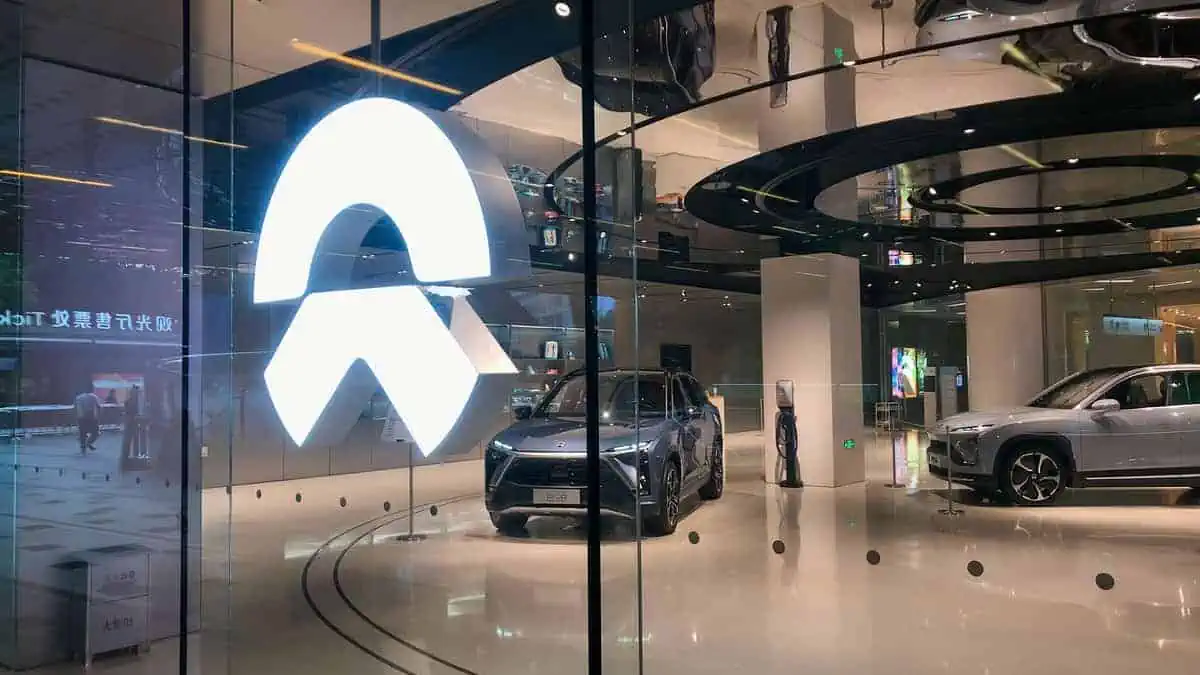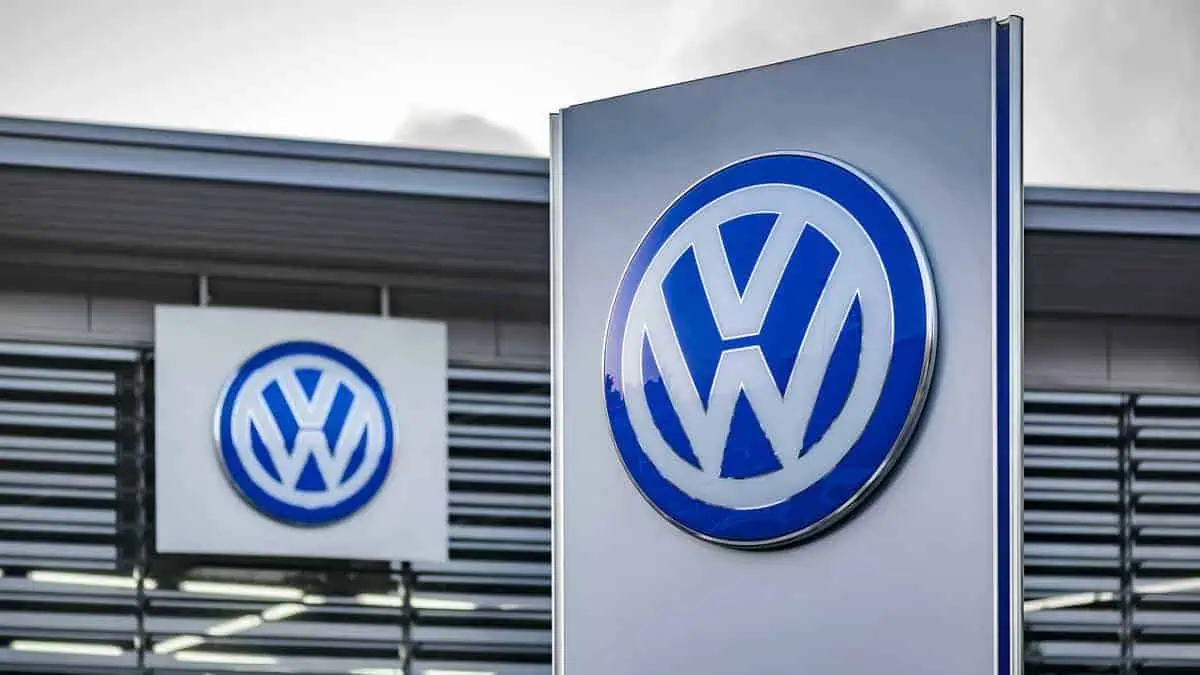Chinese electric vehicle startup NIO’s shares leaped more than 20% on Thursday after reporting an over twofold increase in its deliveries in April 2024.
NIO shares leaped 20% with notable delivery growth in April
According to CNBC, NIO’s Hong Kong-listed shares surged by a whopping 23% to HK$ 44.20. Its shares hit their highest level in more than six weeks.
NIO shares also contributed to the 2% growth of the broader Hang Seng index by midday trading.
This remarkable share increase was primarily due to its 134.6% year-on-year delivery growth to 15,620 electric vehicles in April 2024.
“The deliveries consisted of 8,817 premium smart electric SUVs, and 6,803 premium smart electric sedans.”
NIO
This year to date, the Chinese company’s EV delivery has already reached 45,673 units. It indicates a 21.2% year-on-year increase compared to the same period in 2023.
Chinese players’ HK-listed shares all grew in April 2024
NIO’s 15,620 EV deliveries outperformed XPeng’s only 9,393 units in April 2024. Nonetheless, the latter’s delivery still enjoyed a 4% month-on-month increase from March 2024. Its HK-listed shares surged 7.5%.
Meanwhile, Li Auto dropped 11% MoM to 25,787 electric vehicles in April. Its HK-listed shares increased 3%.
As expected, Chinese NEV leader BYD remained dominant with a 3.6% MoM increase to 313,245 units. Its HK-listed shares also jumped 5%.
Intensifying price war
The ongoing price war in the electric vehicle industry continues to intensify, especially in China.
Major players have been reducing the prices of their offerings as they seek to beat Tesla’s leading sales and delivery figures.
Tesla recently reduced the base price of the Model 3 electric sedan in the Chinese market. It prompted other local players, including Li Auto, to follow suit.
Xiaomi’s inaugural SU7 electric sedan launched at approximately $4,000 cheaper than the Tesla Model 3.
BYD has also been introducing lower-priced versions of its electric vehicles as it aims to undercut the pricing of gas-powered EVs.
Going back to NIO, it has been striving to expand its battery swap partnerships in China. The Chinese electric automaker aims to leverage its innovative battery-swapping technology to alleviate customers’ driving range anxiety. The remarkable shares and delivery growth in April demonstrate its recent efforts are bearing fruit.






